Enhancing children’s rights through their own voices
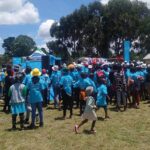
SHARE THIS PAGE!
‘Mantšali Phakoana
Children have historically been excluded from discussions and decision-making at all levels, such as family and international policy debates on issues that directly affect them.
Yet, the escalating environmental crisis and rising inequalities, among others, have a heavy toll on their lives.
During a World Children’s Day commemoration event on November 18, 2023 at Help Lesotho premises at Pitseng in Leribe, children in Lesotho stood up to remind the world about their rights and the need to address these pressing challenges.
This year’s Children’s Day was celebrated under the theme; ‘For every child, every right,’ highlighting the dedication to maintaining the freedoms of every child around the world.
The event is observed annually to honour and cherish the well-being of children in the form of education, nutrition, safe households, as well as to promote their rights globally.
The commemoration was organised by the United Nations Children’s Fund (UNICEF) in collaboration with Help Lesotho, a local independent, charity and empowerment body, to amplify children’s voices on a scale.
In 1959, the UN General Assembly adopted the Declaration of the Rights of the Child, which defines children’s rights to protection, education, health care, shelter and good nutrition.
Pervasive adultism or cultural beliefs that adults’ opinions are more valuable than children’s views continue to deprive children of their right to be heard and to express their views in matters affecting them.
This notwithstanding that the right is enshrined in article 12 of the United Nations Convention on the Rights of the Child, which Lesotho has rectified.
Speaking during the event, Thabelo Mokoena (12), said as children, they have the right to express their views, feelings and wishes in all matters affecting them and to have their views considered and taken seriously.
“As children, we have the right to be listened to and taken seriously. When adults are making decisions that affect us, we have the right to be engaged and contribute.
“We might lack knowledge as children, but it is the responsibility of parents and adults to listen to us and show us the right direction.
“Not being listened to may lead us to depression as we may feel left out and that our voices do not matter,” Mokoena said.
He added that being supported by parents, guardians, adults including communities at large improves their self-confidence and makes them feel they matter.
A focal point of Children’s Day celebrations is equality education, which is the sole way for them to get out of the shackles of poverty.
Access to education is a fundamental right for every child and efforts are made globally to ensure that all children, regardless of their socio-economic background or sex, have the opportunity to receive it.
Ithabeleng Leneha (14) from Botha-Bothe emphasised the importance of children’s right to education regardless of their capabilities.
She pointed out that as children with disability, they are still deprived of this right since they are restricted from attending certain schools like other children.
“The whole world should heed children’s rights; this is more important now than ever. Gone are the days when parents sit in our absence and decide for us on issues that directly involve us. Children need to be empowered. Much as we also have the right to education like other children, we feel we are still left behind because we cannot attend schools of our own choices.”
With the limited schools accommodating children with disabilities, there are challenges like shortage of accommodative toilets, security and material, Leneha indicated.
“This is a very serious challenge in our country because I was forced to move from my family in Botha-Bothe to stay at Phelisanong Pitseng (a home for children with disability),” she added.
In an interview with theReporter on the side-lines of the event, ‘Malipolelo Khotlolo (56) from Ha Mphenyeke Pitseng said there is still a need for civil society organisations and government to educate parents and equip them with skills on the rights of children.
Although she said it is the responsibility of every parent and guardian to listen to children, Khotlolo pointed out that the journey might not be simple especially when it comes to illiterate parents or guardians.
“I agree that children have a right to be heard. However, it is not an easy thing in a culture that still believes that children must be seen and not heard.
“By listening to children, we give them a voice. We’re ensuring their academic potential and growth, fuelling their critical thinking skills and propelling them along a path of personal and professional success.
“Many of our children are being socialised to suffer in silence and we need to provide them with the opportunity to speak up and speak out on matters that affect them,” Khotlolo said.
She noted that it was crucial for parents to pay attention to what children say, especially things that are disturbing, “because it is not inherent for them to come up with that, they learnt it, or they were exposed to it and therefore we must pay attention to it.
“There is a lot of stress going on in our society and children will express themselves in different ways. Let us pay attention to everything they say; do not overlook it,” she added.
According to UNICEF, children represent approximately one-third of the world’s population and their rights and participation as part of a sustainable future are already guided by an extensive range of international conventions, treaties and other legal instruments in including the UN Convention on the Rights of the Child.
During the commemoration of the Children’s Day, parents and guardians were also encouraged to pay closer attention to children and provide an avenue where their voices can be heard.
Gender and social development minister, Pitso Lesaoana said promoting safe, inclusive, empowering, and sustained child participation lies at the core of government’s mission.
Lesaoana reiterated that government’s goal is to dismantle ‘adultism’, challenge prevailing mindsets and carve out more spaces where children can participate in a secure, inclusive, empowering and enduring manner.
“Considering that the demographics are showing that children constitute a large proportion of the population, it’s a commitment of government to make sure that all policies and implementation and programming are pointing towards protection of children and also making them to participate to make their voice matter.
“This is why my ministry is working tirelessly with the police through the Child and Gender Protection Unit to ensure that everything concerning children is looked into and that they do not become victims of abuse.
“It is our responsibility as government to ensure that children grow well, and with the knowledge they deserve,” said the minister.
He further pleaded with children and society to report any form of abuse to the police through the said department on the toll-free line – 116.
A call was made to parents, guardians and authorities to find lasting solutions to children’s rights.
UNICEF country representative, Deepak Bhaskara said Children’s Day serves as a reminder to society about the need to protect and nurture the innocence and potential of children who are also future of the world and the next leaders in the making.
He called on government to invest in skills development and ensure equal access to opportunities for children regardless of their abilities.
“This day requires an aggregate effort from people, communities and governments to establish a nurturing environment that cultivates the physical, mental and emotional improvement of the younger generation.
“It is our role to advocate for their health, education and protection from home, schools and everywhere in our society. Amplifying their voices, encouraging the whole world to listen to children through events such as this one would help us achieve these goals,” Bhaskara noted.
He indicated that children’s participation is fundamental to empowering children since it pushes adults to make an effort to engage with children, seek their views and take their perspectives into account.
The lack of children’s participation in the international policy debates, he added, has undermined the ability of the international community to come up with new solutions to global challenges, addressing children’s views, needs and priorities including through a constructive intergenerational dialogue.
Non-governmental organisations also pledged to maintain programmes that help facilitate easy communication between parents, guardians and authorities to ensure their voices are heard.
Help Lesotho Country director, ‘Mamoletsane Khati described the event as a tool to empower children to raise their voices and influence parents, society at large and decision makers at all levels.
She said Help Lesotho’s vision is for the youth of this country to have resiliency and urgency to create a healthy and self-sustaining future.
“We firmly believe that real, positive change happens when a person is able to heal their heart and equip their mind.
“Children are the experts of their own issues and must therefore, be given a chance to frame responses to their issues. They are the world’s most valuable resource and its best hope for the future,” she said.
The event was also attended by government officials.

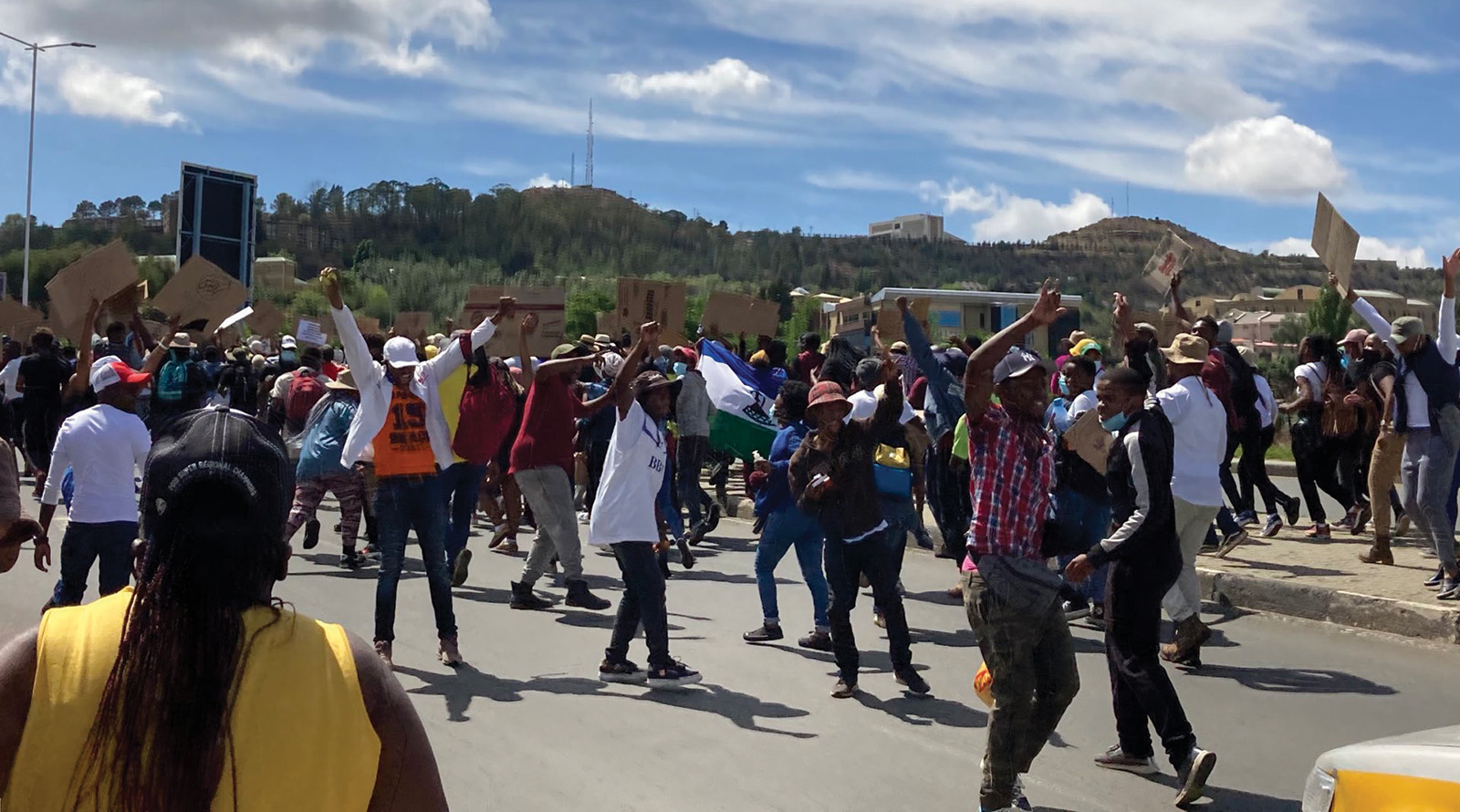
Youth accuse police of sabotaging protest
6 days ago
LCS officers demand standard salaries
6 days ago
Govt ordered to suspend vendors’ eviction
9 days ago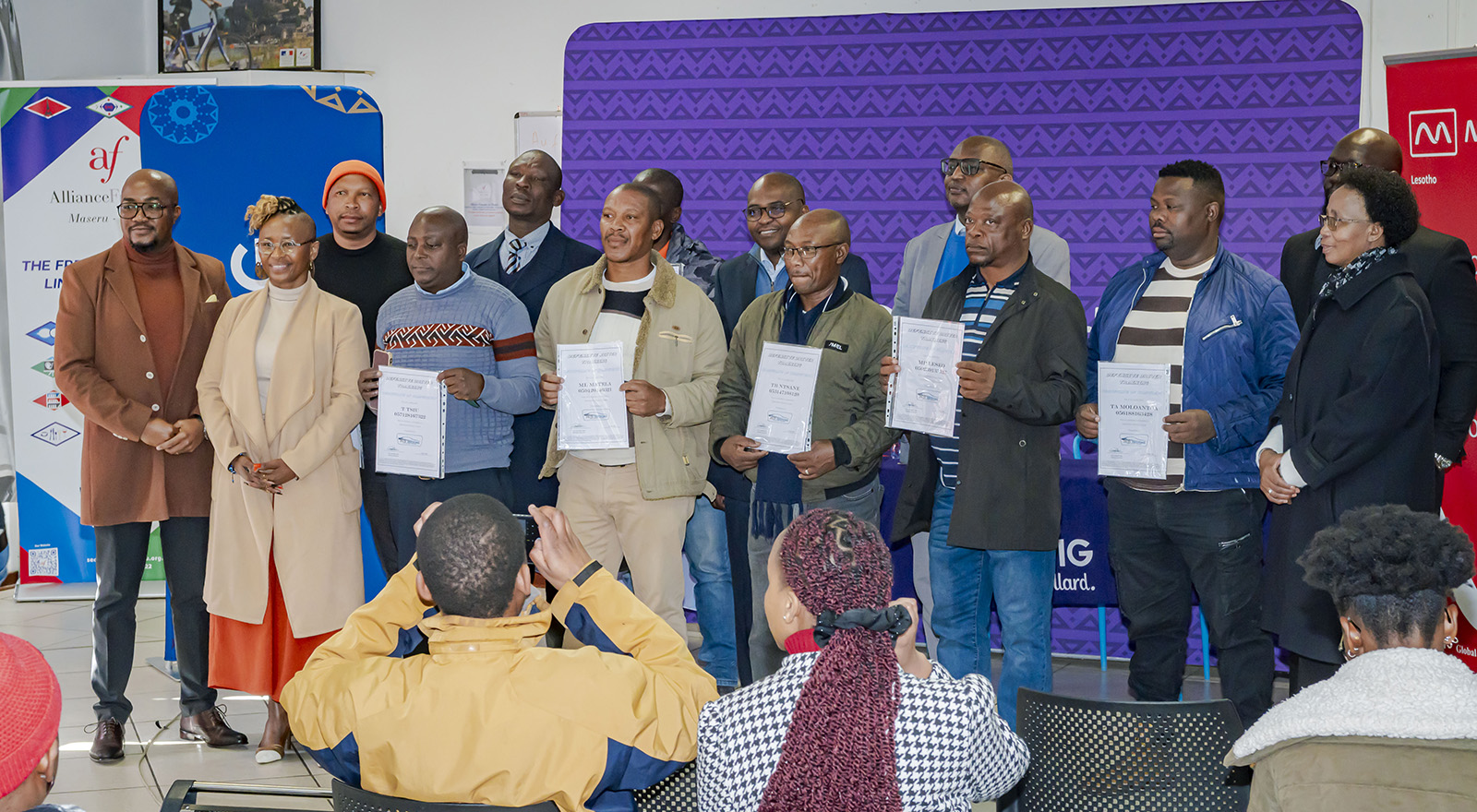
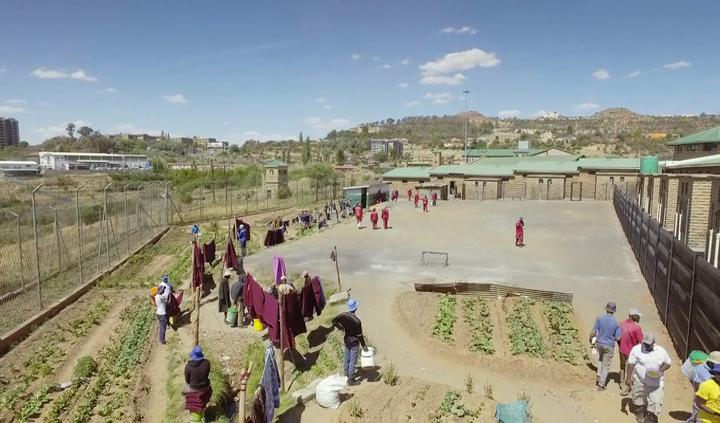
240 inmates released on parole
10 days ago
Matekane calls for stronger trade cooperation
12 days ago

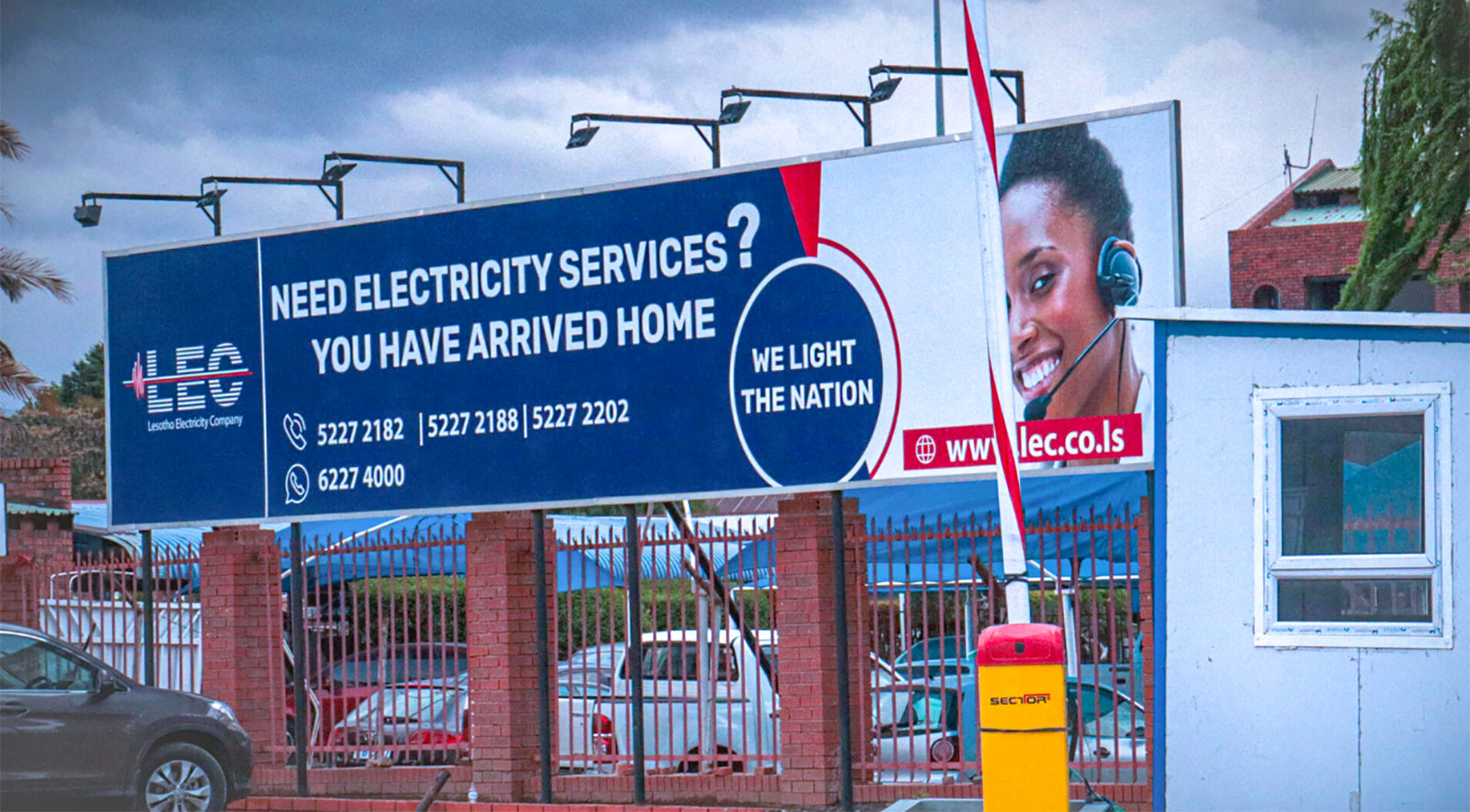
Cash-strapped LEC hikes staff salaries
16 days ago